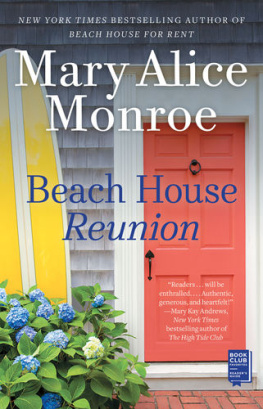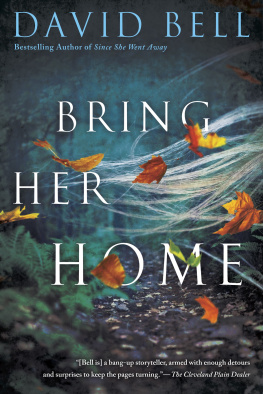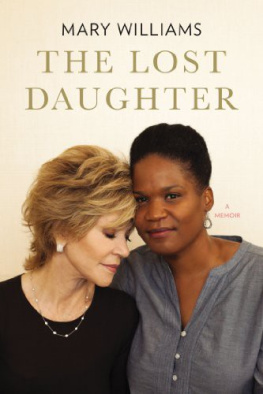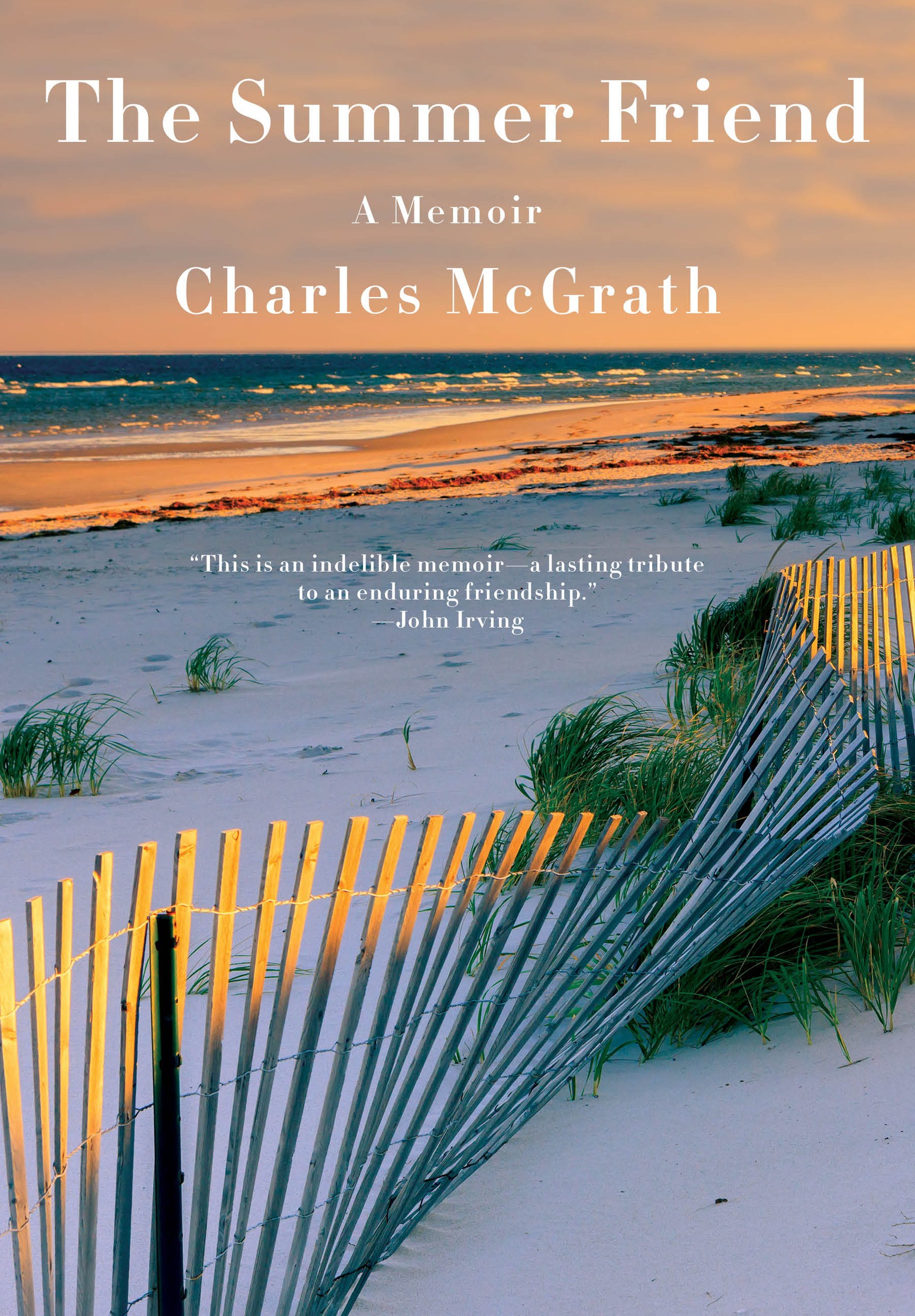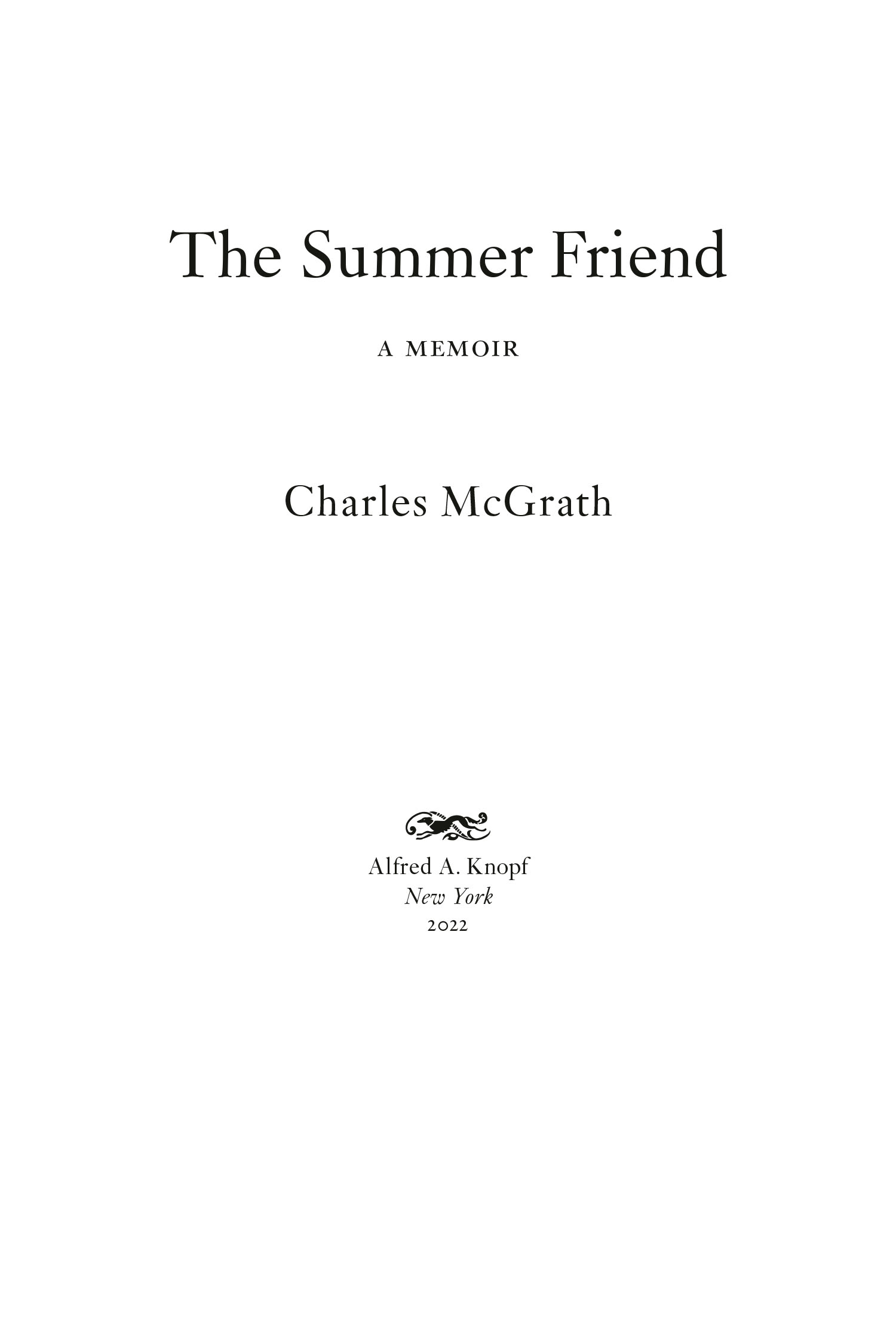THIS IS A BORZOI BOOK PUBLISHED BY ALFRED A. KNOPF
Copyright 2022 by Charles A. McGrath
All rights reserved. Published in the United States by Alfred A. Knopf, a division of Penguin Random House LLC, New York, and distributed in Canada by Penguin Random House Canada Limited, Toronto.
Knopf, Borzoi Books, and the colophon are registered trademarks of Penguin Random House LLC.
Names: McGrath, Charles, author.
Title: The summer friend : a memoir / Charles McGrath.
Description: First edition. | New York : Alfred A. Knopf, 2022. | This is a Borzoi Book
Identifiers: LCCN 2021038975 (print) | LCCN 2021038976 (ebook) | ISBN 9780593321157 (hardcover) | ISBN 9780593321164 (ebook)
Subjects: LCSH: McGrath, CharlesChildhood and youth. | JournalistsUnited StatesBiography. | EditorsUnited StatesBiography. | New EnglandBiography. | LCGFT: Autobiographies.
Classification: LCC PN4874.M483974 A3 2022 (print) | LCC PN4874.M483974 (ebook) | DDC 818/.609 [B]dc23/eng/20211206
Getting Started
When I was growing up my family spent every July or August in a homemade summer houselittle more than a shack, really. But the weeks we spent there seemed special to me back thenenchanted almostand the spell has not entirely worn off. I still love summer and look forward to it like a kid awaiting the end of school. Summer is when Ive had the most fun in my lifeswimming, sailing, golfing, just goofing off. Summer is when I fell in love with the woman I married. And summer is when I was lucky enough to enjoy a long and unusual friendship at a time when I thought I was past making new friends. My friend has been dead for seven years now, but I still find it hard to think about summer without also thinking about him. Its not as if he left a hole, exactly. I still do many of the same things we used to do together, and I no longer actively mourn him. But hes an indelible part of many recollections, and I find it sweetly, if sadly, pleasurable sometimes to play them over in my head. Whenever I try to tell my own summertime story, I find myself telling a story that is partly his.
He was called Chip, and so to start with, we shared a name. Ive been known as Chip most of my life, except for a brief period in college when I tried to reinvent myself as Charlie. This Chip and I both had five-year-old sons named Bennot majorly weird, but a littleand eight-year-old daughters. In most other respects we couldnt have been more different. He was five years older and had grown up near Phillips Exeter Academy, in New Hampshire, where his father taught classics and briefly was headmaster. I grew up in a two-family house in Brighton, one of Bostons working-class neighborhoods. He was a WASP; I was Irish Catholic. He was a Vietnam vet (Coast Guard, with service on the Mekong Delta) who opposed the war but loved the military. I was a draft dodger who hated taking orders from anyone.
We met in August 1982, at a square dance, of all places. There were square dances every Saturday at the Methodist church in the little Massachusetts town where for a couple of summers my wife, Nancy, and I had been renting a house overlooking a tidal river. We didnt know anyone there. It was just usNancy, me, and the kidsenjoying an old-fashioned sort of summer: no TV, no phone calls, our only entertainments books, the beach, the river, occasional trips to the ice cream place. Somehow, though, we heard about the square dance and gathered that for a lot of people it was the high point of the week. Not me. I thought square-dancing was corny. I was also terrible at it, always turning the wrong way, and I have memories of being steered around like a floor lamp by a stern, impatient woman who turned out to be one of Chips aunts. We went mostly for the sake of the kids, thinking this might be a place for them to make summer friends, and thats what happenedto them and to us. Ben joined a bunch of little boys in khaki shorts and polo shirts, all of them trying not to look too goofily self-conscious. Our daughter, Sarah, who loved any kind of dancing, joined a circle of little girls in summer dresses, their hair washed and braided, and quickly learned from them how to allemande and promenade. And Nancy and I met Chip and his wife, Gay. They were both, I couldnt help noticing, exceptionally good square dancers. They even knew how to do the Black Nag, a country dance so insanely complicated it made me dizzy just to watch.
We talked for a bit, the four of us. The conversation was friendly enoughthe kids, the weather, the upcoming school yearbut if anything, only emphasized our differences. We were renters in town, they were year-round and, unlike us, knew practically all the people in the room. They were apparently related to half of them. Then, out of the blue, Gay invited us for supper the next night. She was always doing that, we found out. She was an excellent cook and loved having people around. He seemed shyer, but even so, to welcome the idea.
It turned out they lived on the other side of the river from where we were staying, just off the towns main road, in a house almost hidden by tall bushes in front. We missed it on the first pass and had to back up before pulling into the driveway, almost scraping a big post of vine-covered granite on the right. The house was a remodeled Cape, gray with dark green shutters, to which Chip had added a lookout tower, pretty much just for the hell of it. The first thing I remember seeing, in the entrance hall, was an upright piano with an enormous model of a whaling ship on top.
Though it was summer, we ate indoors at the dining room table, overlooked by a gilt-framed portrait of some nineteenth-century gent with astonishing side-whiskers. Bushrod Somebody-or-Other, one of Chips ancestors. We talked some more, the way couples do when fishing for clues about each other: where youre from, where you went to school, what you do for a living. We learned that Chip was an architect and that Gay was a stay-at-home mom who ran a flower business on the side. The flowers all grew out back, in a huge garden, along with their own vegetables. She took gardening very seriously, it became clear, and worked hard at it. Ten years younger than Chip, she had dropped out of college to marry him. I remember thinking she seemed almost hippieish, with long hair, almost to her waist, and wearing an ankle-length skirt and a peasant blouse. I thought he seemed like a grown-upcertainly more of one than I was. He had sandy hair, a broad forehead, and a wry expression, and once I learned he was of Scottish heritagesomething he took immense pride inI decided he looked a little like portraits of James Boswell, the great Samuel Johnson biographer.
For a time they had lived in Seattle, Gay explained, while Chip finished architecture school, and they had even thought of settling there, but they came back eastin a psychedelic Volkswagen busbecause they wanted to raise a family in the town where they had both spent their summers. They were like a couple in a New England lifestyle magazine, I thought, an advertisement for a new kind of homesteading.

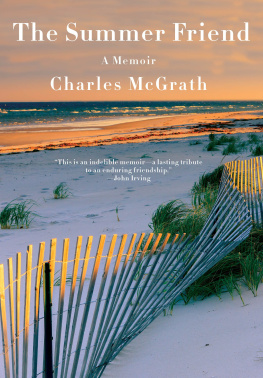

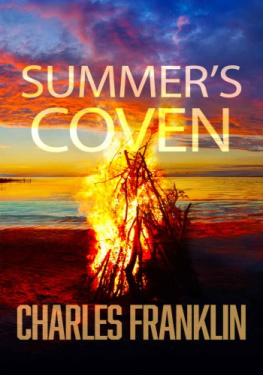
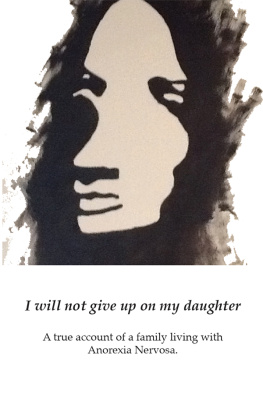
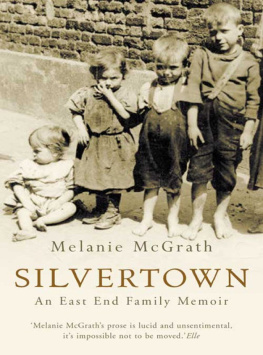
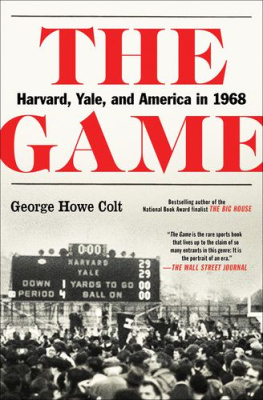
![Monroe - The summers end. [Bk. 3]](/uploads/posts/book/221395/thumbs/monroe-the-summer-s-end-bk-3.jpg)
